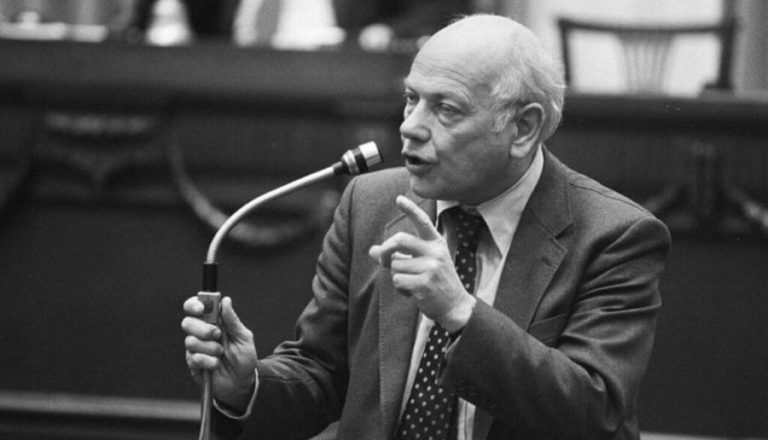

īleich spent ten years as an editor with De Groene Amsterdammer, a long-established left-leaning weekly news magazine produced in Amsterdam. At the end, the only way to reform communism was to abolish it. She insists on the need to differentiate between different forms and phases of communism, asserting that communism ceases to be viable if you democratise it. Invited in 1997 to compare Nazism and Communism, she accepted the validity of the question, "but what I do not appreciate is the painful party-game that asks which is the worse of the two".

During the 1980s and 1990s, as cold war tensions began to ease a little, her left-wing political convictions were seen to have become more nuanced. In 1972, like several of her university contemporaries Anet Bleich joined the Communist Party, remaining a member until approximately 1975. Their daughter, born in 1986 has followed her parents into journalism.

The two of them have subsequently then married. Another member of the group was her contemporary, Max van Weezel, who has also become a political journalist. During 19, while still a student, she was a member of the Working Youth Group which had emerged through then university's left-wing student movements of the later 1960s. She studied political science at the older University of Amsterdam. Subsequently, she attended the Gymnasium Haganum where she was at one stage "editor in chief" of the school magazine, Spectemur Agendo. Many years later Anet Bleich confided to a student-interviewer that when she was ten she had dreamed of growing up to become a "professional revolutionary, like Rosa Luxemburg". For fifty years he was the Netherlands correspondent for mainstream national newspapers in Germany, Switzerland and Israel. During the postwar years Herman Bleich spent seven years as chairman Foreign Press Association in the Netherlands. Biography Īda Netty "Anet" Bleich's father was the journalist Herman Bleich (1917-1995), a refugee originally from Bochnia (near Krakow) whose family had fled to Germany and then, after 1933, escaped to The Hague where, by this time, his sister Rosa was living, and which is where Anet Bleich was born in 1951 and grew up. Anet Bleich (born 2 September 1951) is a Dutch journalist, political commentator, author, columnist and writer.


 0 kommentar(er)
0 kommentar(er)
